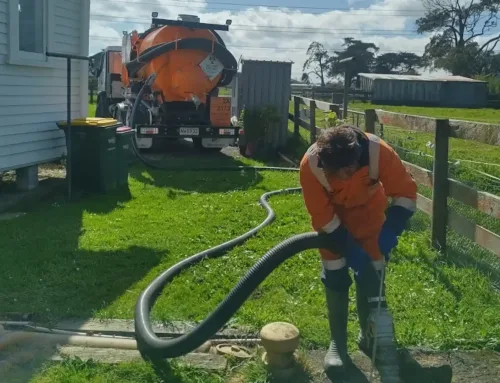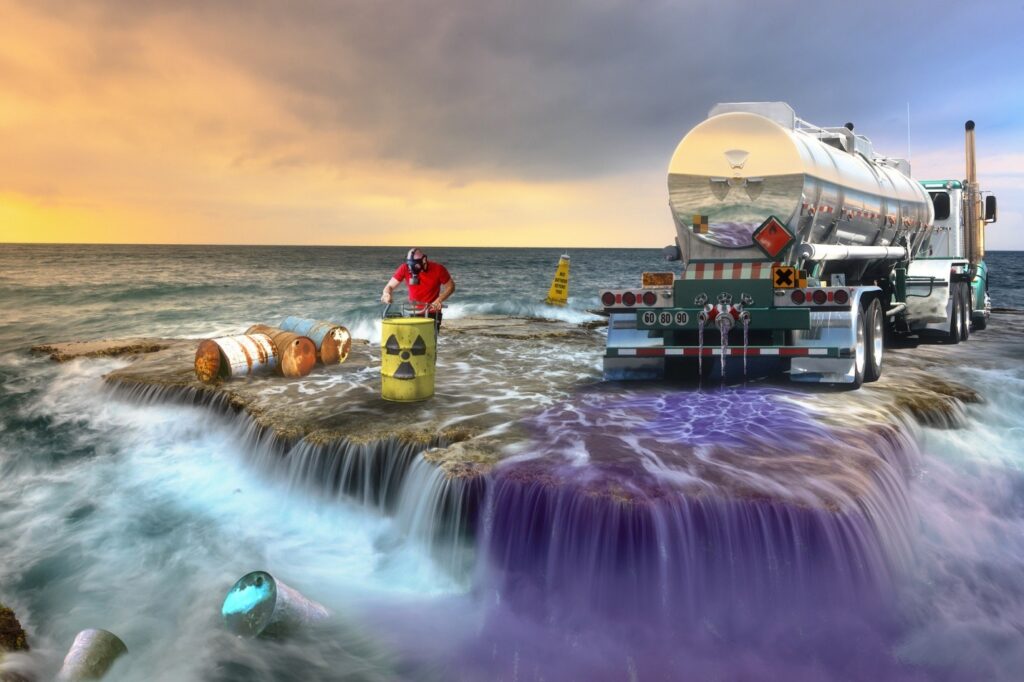Reclaim Waste Fundamentals Explained
Reclaim Waste Fundamentals Explained
Blog Article
The 3-Minute Rule for Reclaim Waste
Table of ContentsMore About Reclaim WasteThe 25-Second Trick For Reclaim WasteOur Reclaim Waste PDFsThe smart Trick of Reclaim Waste That Nobody is Talking AboutThe Basic Principles Of Reclaim Waste
Through appropriate fluid waste administration, business can lower energy-intensive therapy procedures and disposal prices. By following a system for managing liquid waste, business can prevent expensive penalties and penalties and avoid negative promotion.(https://soundcloud.com/reclaimwaste1)Accumulate depictive samples from various points within the waste stream to make certain precision. Liquid waste, particularly dangerous ones, postures substantial threats during this step.

Disinfection (e.g., chlorination, ultraviolet light, ozonation) and nutrient removal (e.g., denitrification and phosphorus removal) are recommended under strict regulations. Countless companies went against a number of liquid waste disposal regulations in recent years.
Reclaim Waste Fundamentals Explained

are used by markets that generate large volumes of low-toxicity fluid waste. Shallow containers have fluid waste that is allowed to vaporize with all-natural processes. The residue left can be gotten rid of in land fills. involves melting fluid waste at high temperatures and converting it right into gas and ash. This kind of disposal undergoes stringent ecological laws due to possibly hazardous exhausts.
The findings must be recorded, examined, and kept not simply for submission to regulative authorities yet also for making enhancements in the future. Usage trusted tools, techniques, and software application remedies to guarantee accurate and consistent information collection. Stay upgraded on relevant environmental policies and market requirements. Share information with pertinent stakeholders (e.g., staff members, regulatory federal government companies, and nearby neighborhoods) to preserve transparency and liability.
Comprehending these can assist them effectively manage their operations and reduce their ecological impact. Companies that can't invest in facilities need to consider collaborating with the public field for better remedies.
Getting My Reclaim Waste To Work
By applying extensive monitoring systems that include treatment and recycling methods, normal surveillance, risk evaluations, and adherence to regional and government regulations, commercial facilities can add to the protection of groundwater materials, guaranteeing their schedule for future generations (liquid waste removal melbourne). Allow's look into the relevance of reliable liquid waste management in the commercial industry, concentrating on its ramifications for securing groundwater sources
The air pollution of groundwater sources due to improper fluid waste administration in the industrial field has far-reaching consequences for human health and wellness, agriculture, and the atmosphere in its entirety. Several of the possible influences caused by such pollution include: Contaminated Drinking Water Supplies: As groundwater provides a significant portion of our drinking water, air pollution from commercial activities can lead to dangerous chemicals and microbes entering our water systems, positioning health and wellness risks for humans.
Lowered Agricultural Efficiency: Farming relies heavily on groundwater for irrigation; therefore, polluted water can prevent crop returns, infect farming items, and influence food security. Provided the relevance of preserving groundwater sources, it is important for services to take a proactive position in handling their liquid waste responsibly and preventing air pollution.
Reclaim Waste for Dummies
Fluid waste can contaminate land and pollute waters. Details about managing and storing liquid waste, reacting to spills and decreasing liquid waste is readily available in the adhering to fact sheets and guidance:.
The function of waste monitoring specialists in safeguarding this valuable resource can not be overemphasized. Contaminated water and polluted effluent administration: Making sure that hazardous liquids are securely eliminated and treated before they can hurt our water resources.
Hence, incorporating sustainable liquid waste management into financial preparation boosts financial security and safeguards the setting, showing the worth of this technique. In conclusion, adopting expert fluid waste management techniques is critical for ensuring a lasting future, shielding our atmosphere and safeguarding the health of future generations.
When it comes to taking care of waste, sticking to proper procedures is vital for a multitude of factors. Appropriate garbage disposal is not practically cleanliness; it has to do with making sure the wellness of our setting, health and wellness, and the effective use of sources. Recognizing the value of reliable waste administration useful source can help all of us add to a much healthier, cleaner earth.
The Ultimate Guide To Reclaim Waste
Effective waste monitoring helps maintain tidy streets and public spaces, decreasing the aesthetic effect of trash and making sure that waste does not damage wildlife. When waste is not disposed of correctly, it can lead to contamination, where hazardous compounds can leach right into the dirt, water supply, and the air, developing long-term environmental troubles.
Report this page